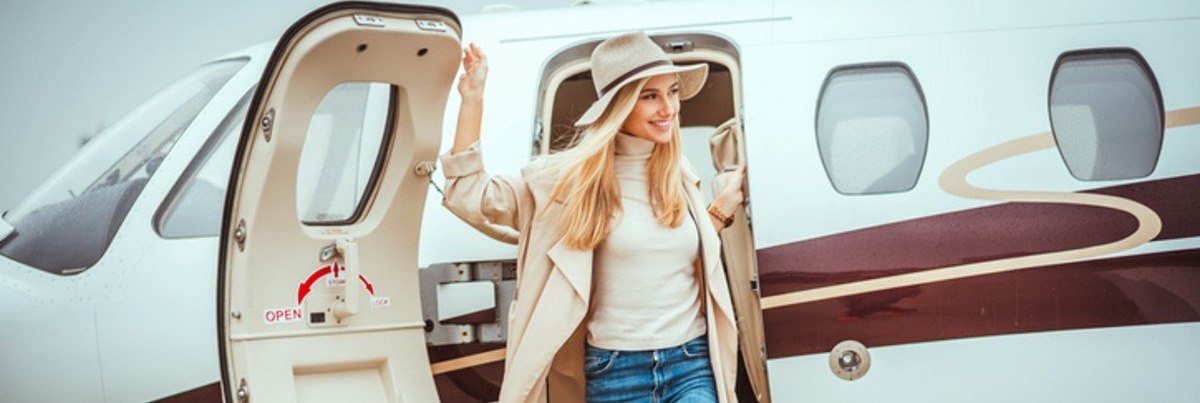
Global: Are celebrities effective at promoting travel products and services?
Celebrities and influencers endorse a wide range of products but when it comes to the travel sector, only around one in five global consumers believe celebrities are effective at advertising travel products and services (18%).
A new YouGov survey conducted in 17 markets measures the influence of celebrity endorsements across a range of categories including travel, beauty products, food and clothing. The travel sector came in sixth in a list of 11 categories we asked about.
Out of all the markets, British consumers are least likely to find celebrity endorsements effective for travel products and services (10%) along with the French (10%). The US is only slightly higher at 14%.
Consumers in urban India (28%), UAE (26%), and Indonesia (25%) are most likely to find celebrity endorsements effective. Hong Kong (25%), Mexico (23%), China (23%), and Singapore (23%) also score above the global average.
Celebrity endorsements can leverage consumers’ affinities for athletes, actors, and influencers if executed well. Our data shows that while global consumers aged 18-24 (20%), 25-34 (20%), and 35-44 (19%) are more inclined to think that celebrities are effective in promoting travel products and services, these types of endorsements tend to be less influential with our older age groups of 45-54-year-olds (17%) and those aged 55+ (15%).
Who's your most critical audience right now?
Request an audience profile
Receive monthly topical insights about the travel and tourism industry, straight to your inbox. Sign up today.
Discover more travel and tourism content here
Want to run your own research? Start building a survey now
Methodology: The data is based on the interviews of adults aged 18 and over in 17 markets with sample sizes varying between 509 and 2,124 for each market. All interviews were conducted online in August 2021. Data from each market uses a nationally representative sample apart from Mexico and India, which use urban representative samples, and Indonesia and Hong Kong, which use online representative samples.